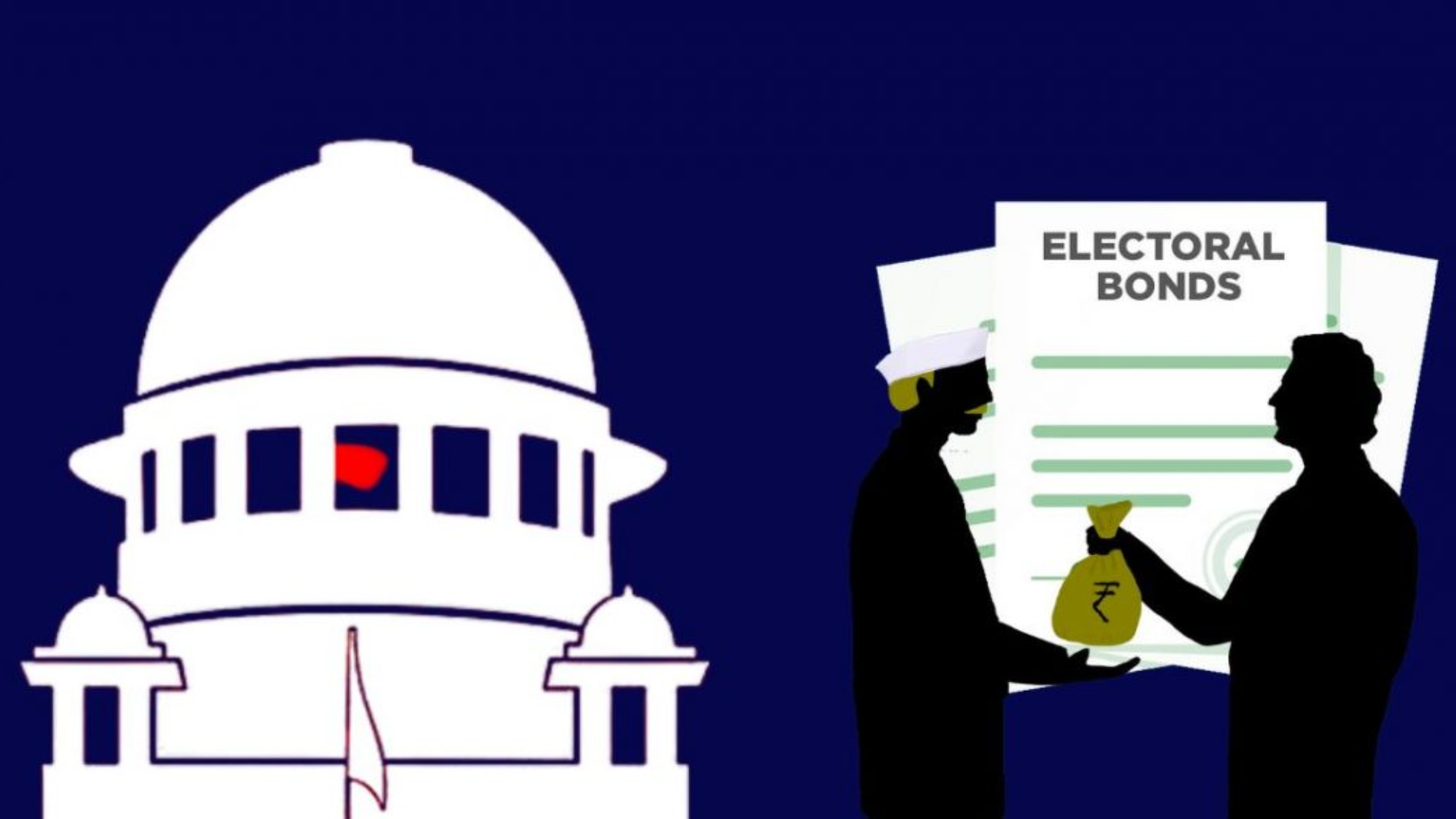The All India Bar Association (AIBA) penned a letter to the President of India on Tuesday, urging for a Presidential Reference to the Supreme Court of India regarding the Electoral Bonds scheme, as per Article 143 of the Constitution of India.
The letter highlighted the significant verdict of February 15, 2024, by the Supreme Court of India, which declared the Government of India’s Electoral Bonds Scheme invalid. It also mandated the State Bank of India to provide details of corporate contributions to political parties by March 6, 2024, with instructions for the Election Commission of India to disclose this information to the public.
On March 11, 2024, the Supreme Court dismissed State Bank of India’s request for an extension till June 30, 2024, to reveal corporate contributions, ordering disclosure by March 12, 2024. This was to facilitate the Election Commission’s public disclosure by March 15, 2024.
Senior Advocate Dr. Adish Aggarwala, Chairman of AIBA and President of the Supreme Court Bar Association, emphasized the need for a Presidential Reference on the Electoral Bonds case to ensure comprehensive justice for the Parliament of India, political parties, corporates, and the general public.
The petitioners contested the constitutional validity of the Electoral Bond Scheme under Article 32 of the Constitution. They also challenged provisions of the Finance Act, 2017, which amended several laws including the Reserve Bank of India Act, 1934, the Representation of the People Act, 1951, the Income Tax Act, 1961, and the Companies Act, 2013.
The Supreme Court, in its 232-page judgment on February 15, nullified the Scheme. AIBA reiterated that the Supreme Court is empowered under Article 142 of the Constitution to administer ‘complete justice.’
AIBA expressed concerns that Supreme Court judgments should not lead to constitutional deadlock or undermine the authority of Parliament and the democratic functioning of political parties.
The Electoral Bonds scheme aimed to address the lack of transparent poll funding mechanisms. It was established through the Finance Act, of 2017, with amendments to various laws.
AIBA argued that since there was no legal or constitutional impediment at the time of corporate contributions, those contributions were lawful. They also stressed that any Supreme Court prohibition should be prospective, not retrospective.
Regarding the Supreme Court’s direction for disclosing donor details, AIBA warned of potential threats to both parliamentary democracy and corporate freedom. They cautioned against revealing sensitive corporate information, which could deter future donations and foreign corporate involvement in India’s democratic process.
AIBA called upon Article 143 of the Constitution, granting advisory jurisdiction to the Supreme Court, and urged the President to seek the Court’s opinion on the matter.






















